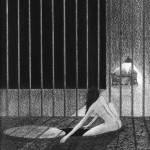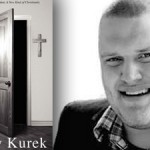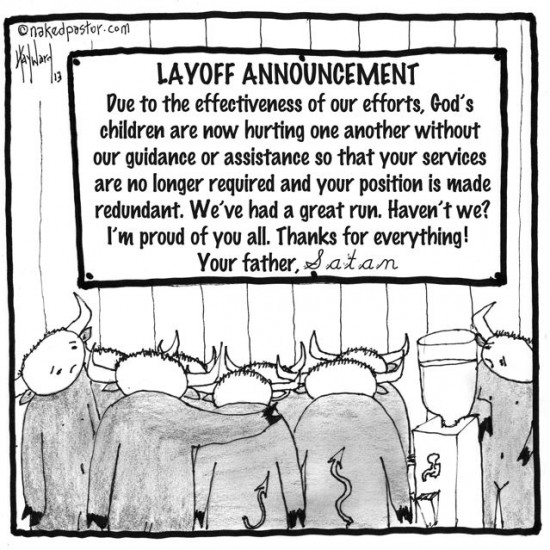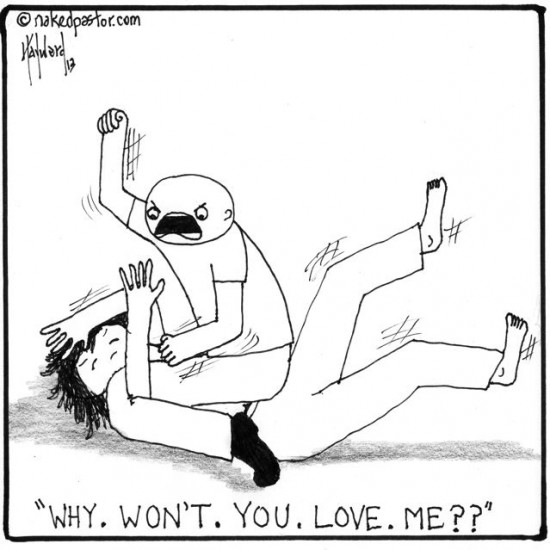I recently read Time Magazine’s Person of the Year issue for 2007… the articles on Vladimir Putin, the President of Russia. The more I read the more parallels popped out at me between what Putin is doing in or for Russia and the modern-day church. Here’s the tension: Putin is getting Russia back on the map as a world-player. Wealth is increasing, poverty decreasing, their national debt of 2 billion has been paid off, and on and on. It is almost all because of Putin’s strength, vision and steely determination as a leader. On the other hand, there have been costs to this success: Putin has shut down TV stations and newspapers, jailed businessmen who challenged the Kremlin, neutralized opposition parties and arrested anyone who resisted his rule. In spite of this, Putin’s popularity ratings hover over 70%. The conclusion is that Russians would rather have security and success than liberty. I think as a gloss veneer to the questionable reality, it is called a “sovereign democracy“. As one author, who was persecuted for his writings, put it: “Russians come to love their bonds“.
I by no means wish to insist that this is an easy tension to decipher or solve. In fact, the trend is irresistible. If I were in Russia, which would I prefer? Poverty or liberty? The fact is, Putin’s method of rule seems to be working for Russia’s success on the world stage. But the price seems high to me. Journalists end up missing or murdered. Putin’s regime suggests that this is being done by people wishing to shed Putin in a bad light. Few people would insist that Putin himself would be corrupt. Why, he’s a Christian and reads the Bible! Bush read his soul by looking in his eyes and saw a man of conviction. But the power that he exerts and the regime that surrounds him has created, some believe, this culture of unquestionable autocratic rule. Putin is indeed creating a strong state, and anyone who stands in the way of it (it is implicitly but definitely understood) will pay for it. Some of the dissenting Russian journalists interviewed requested to remain nameless for fear of repercussions. They knew they would lose their jobs, or worse! There is no outright blanket of terror, but it is underwritten throughout the culture that dissent will be isolated and punished.
I am a dissenter. I realize that. But it is because I love the church. Not because I wish to see her destroyed. Who would question the courageous loyalty of a Russian journalist wishing to uncover the questionable policies and practices of their beloved country? This same tension exists in the church as anywhere: we’ve come to love our bonds because we are granted a measure of success by keeping them. The church, I think, is willing to sacrifice basic human and civil liberties for good and noble results. We prefer success or even just stability to freedom of expression. Freedom of expression is messy and unmanageable.
So after I read that issue of time, I set it back down on our coffee table more determined to raise my voice of dissent, to persist in voicing my opinion, and, bottom line, to believe in the Holy Catholic church and the communion of saints at all costs. I will not be enamored by success or relevance in the world if it costs the life or liberty of even just one.











